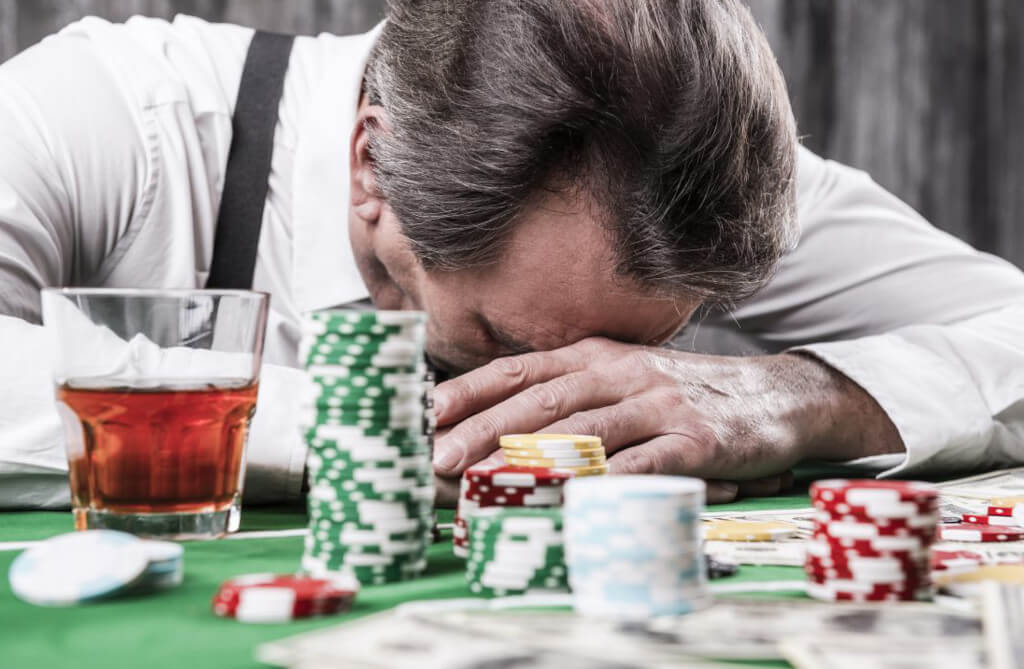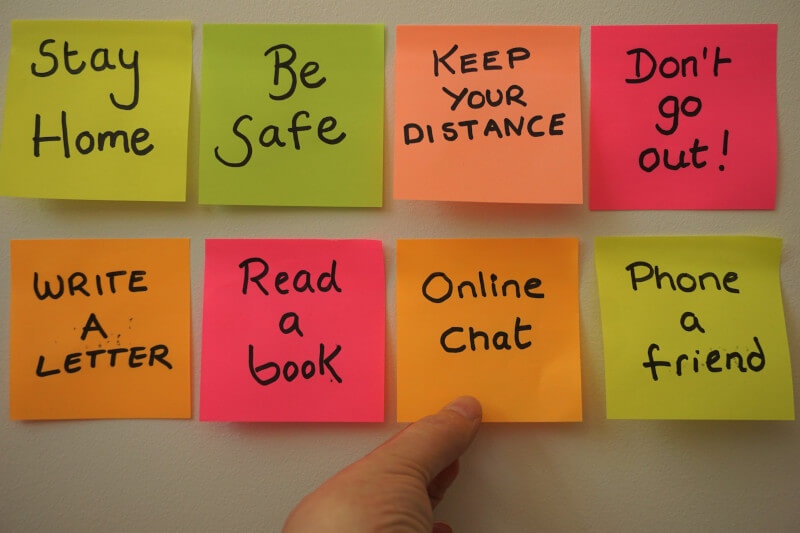The Challenges of Dealing with Problem Gambling

People from all walks of life are susceptible to developing gambling problems. When gambling becomes an unhealthy obsession for you, it changes from being a harmless pastime to having dire consequences. A gambling addiction can put a strain on relationships, disrupt work, and lead to financial ruin, regardless of whether you gamble in a casino, at the track, or online. You might even do things you’ve always sworn you’d never do, like rack up huge debts or resort to stealing to fund your gambling habit.
Pathological gambling, compulsive gambling, and gambling disorder all refer to the same underlying problem: a lack of self-control when faced with temptation. If you’re a compulsive gambler, you can’t resist the urge to play even if you know it will hurt you or the people you care about. No matter your financial situation, you will always find a way to gamble, even if you know the odds are against you or you can’t afford to lose.
It’s also possible to have a gambling problem without going completely crazy. Gambling that causes significant problems in one’s life is considered problem gambling. You have a gambling problem if you can’t stop thinking about gambling, are spending more and more time and money on it, are chasing losses, or are gambling despite serious consequences in your life.
Many mental health and behavioral conditions coexist with gambling addiction or problems. Many people who gamble excessively also struggle with alcohol or drug addiction, attention deficit hyperactivity disorder (ADHD), chronic stress, major depressive disorder (MDD), or cyclothymia. Getting over your gambling addiction requires looking at these factors as well as any others that may be at play. It’s important to remember that despite how hopeless you may feel, you can stop gambling, repair your relationships and finances, and take back control of your life.
Myths About Gambling

Gambling has been around for centuries and has become a popular form of entertainment for many people around the world. However, it’s also a habit that can quickly spiral out of control and become a serious problem for individuals and their families. Unfortunately, there are many myths surrounding gambling problems that can prevent people from seeking help.
One of the most common myths is that problem gambling is a matter of personal weakness or lack of willpower, when in reality, it’s a complex disorder that can be influenced by factors such as genetics, environment, and mental health. It’s also a myth that people who gamble a lot will eventually win and recover their losses, as gambling is designed to be addictive and the odds are always in favor of the house.
When Does Gambling Become a Problem?
When it comes to recognizing the warning signs of a gambling problem, many of the same indicators apply as they would to any other type of addiction. These are just some of the most common warning signs of addiction:
- To hide one’s gambling activities.
- Struggling to rein in compulsive gambling.
- Losing money gambling.
- Your loved ones are worried about your gambling habits.
The inability to stop gambling is, of course, the defining feature of a gambling problem, as it is of any other addiction. A gambling addiction is present when the thought of stopping causes anxiety or when the gambler feels compelled to try one more time. Call to discuss the warning signs of gambling addiction and your specific situation if you or a loved one suspect you may be addicted.
Signs of Emotional Dependence on Gambling
Anxiety, depression, and even suicidal ideation and behavior are just some of the negative mental health effects that can result from compulsive gambling. A gambler who has these kinds of thoughts may, in the worst-case scenario, try to take his or her own life. Gambling can be devastating, and the loss of everything can leave a person feeling helpless.
Chronic Gambling and Its Physical Consequences
Several outward manifestations should be kept an eye out for, as compulsive gambling has been linked to depressive symptoms, anxiety, and even suicidal ideation. Sleep deprivation is a common side effect of depression and anxiety that can cause facial features like pale skin, fluctuating weight, acne, and dark circles under the eyes.
Gambling Disorder Self-help

If You Want to Avoid Boredom, Prepare Ahead of Time
Because they are accustomed to the extremes of their addiction, former gamblers often find it difficult to deal with periods of boredom. Plan out your days so that you won’t have any downtime in which you might be tempted to gamble. This is supported by research showing that problem gamblers tend to be easily bored. They will always find a way to avoid or not finish an uninteresting task.
Take Things as They Come
This includes putting yesterday’s gambling losses out of your mind. Your ability to concentrate on your sobriety issues will be hindered by your desire to exact revenge on the casinos or bookies from which you’ve stolen money. Taking things a day at a time allows you to live in the moment and not fret over what the future may bring. Focus on the steps you can take right now that will aid in your long-term sobriety.
Switch Things Up
Your brain has adapted to a certain pattern of activity while gambling, and it requires constant stimulation to return to its previous state of functioning normally. You should challenge yourself every day by giving yourself fresh objectives to accomplish. You’ll be better able to handle gambling urges if you keep your mind on solving problems.
Make Your Network of Friends and Family Stronger
Fighting any kind of addiction alone is extremely difficult, so lean on your loved ones for help. Even if your social circle is small, you don’t have to rely on casinos or online gambling to meet new people and make connections. You could reach out to coworkers, join a sports team or a book club, take a class, or volunteer.
Participate in a Community of People Like Yourself
For instance, like Alcoholics Anonymous, Gamblers Anonymous is a 12-step program for overcoming addiction. Having a sponsor, a sober gambler who has made it through the program and can offer advice and encouragement is essential to your success.
Seek Out Means by Which You Can Handle Pressure Better
Relapse from gambling rehabilitation is often triggered by stress because it is a reliable indicator of how well we manage our emotions. Finding new, healthy methods of dealing with stress is essential. These could include things like physical activity, mindfulness, hypnosis, or simply venting to a close friend. One potential downside is that as stress levels rise, the desire to gamble may increase.
Keep in Mind That Gambling is a Surefire Way to Lose
Reassure yourself that no matter how well-thought-out your wagering tactic is, you will almost definitely lose your cash if you lack the discipline necessary to stick to it. This is the bare truth about compulsive gambling. When you’re stressed about money, the allure of gambling can be strong because of the quick money that could be yours if you win. When you feel the urge to gamble, tell yourself that it’s impossible to stop playing once you’ve begun.
Find Out What Makes You Want to Sabotage Your Efforts
Consider how valuable your time spent washing up is. Recognize that the desire to gamble is fleeting and be on guard for it to return just before important events like birthday celebrations, anniversaries, and exams.
Gambling-abandonment Therapy
Past emotional hurts that are holding you back can be healed through counseling and talk therapy. Developing a strong therapeutic relationship allows you and your therapist to pinpoint your unique risk factors for relapse, unearth any underlying triggers, and work together to create a strategy for keeping your sobriety on track.





